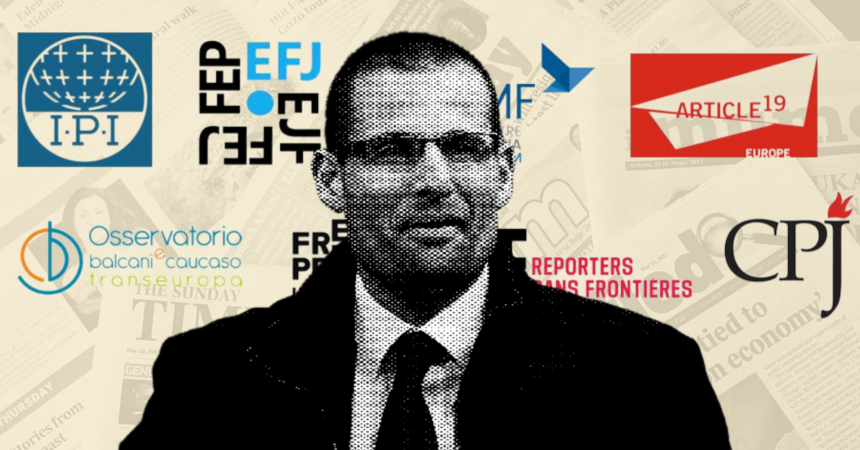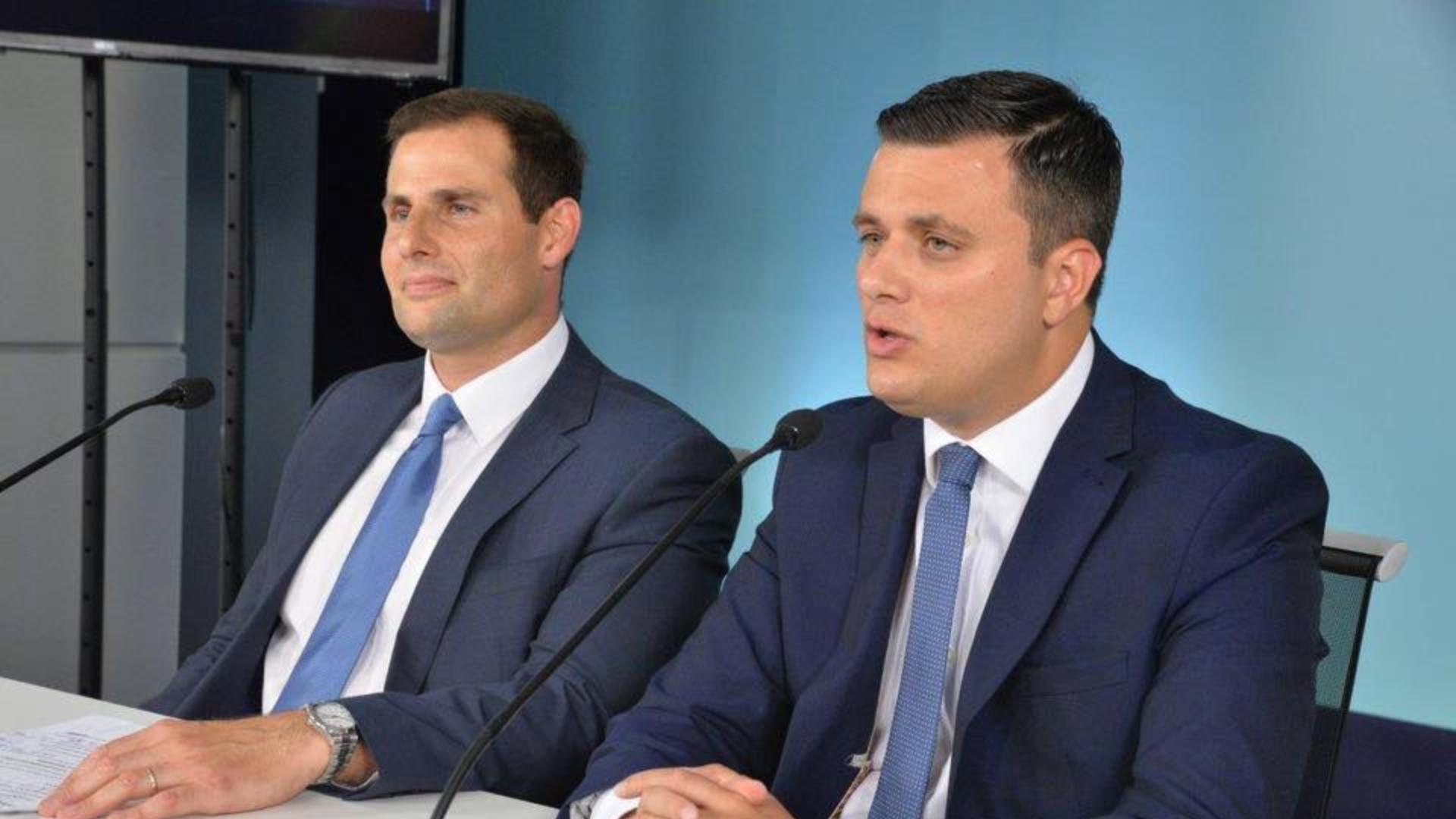Eight international press freedom organisations have called on Robert Abela’s government to “at a minimum” properly implement the recommendations of the Daphne Caruana Galizia public inquiry in a letter published on Thursday, which marks 65 months since her assassination.
The international organisations reiterated that the current draft Bills for improved media protection “fail to create the systemic reforms required to foster an enabling environment for free and independent journalism”.
The letter was signed by the International Press Institute (IPI), ARTICLE 19 Europe, the Committee to Protect Journalists (CPJ), the European Centre for Press and Media Freedom (ECPMF), the European Federation of Journalists (EFJ), Free Press Unlimited (FPU), OBC Transeuropa (OBCT) and Reporters Without Borders (RSF).
📢 RSF co-signs an open letter to #Malta‘s PM @RobertAbela_MT calling for strong reforms for #pressfreedom after a recent public consultation. On the monthly anniversary of #DaphneCaruanaGalizia‘s 2017 killing, we ask @MaltaGov to ensure that a journalist is not murdered again.👇 pic.twitter.com/aERUxQX5YQ
— RSF (@RSF_inter) March 16, 2023
The organisations called for the media law changes to include “the constitutional recognition of journalism as the fourth pillar of democracy and introduce effective new laws to address impunity, corruption and the abuse of power”.
The organisations called on Abela’s government to provide “a clear timeline for the next steps” and to “ensure effective transparency regarding the process”.
They said, “This should involve more regular press briefings, substantive responses to media inquiries, publication of reports of meetings about the law, and scheduled opportunities for international civil society organisations to contribute to the reform process”.
While the letter supported the Maltese government’s “belated decision, following criticism” to halt the parliamentary debate on the three Bills, giving time for the government-appointed ‘committee of experts’ to perform a consultative process, it warned against it being used simply as a “box-ticking exercise”.
The committee was the only change introduced since the publication of the landmark public inquiry in July 2021. The committee has been widely criticised for its lack of transparency during consultations and for ignoring conflicts of interest among its members.
Many of the same international press freedom organisations have already criticised Prime Minister Robert Abela for shunning their offers of technical assistance in setting up the committee and adequately implementing the recommendations of the public inquiry.
The government-appointed committee includes Saviour Balzan, co-owner of Media Today, and the online editor of one of his newspapers, Kurt Sansone. Balzan was a member of the committee while also a consultant for the justice ministry, the government ministry which has resisted implementing the committee’s recommendations.
The committee also includes The Times of Malta assistant editor Matthew Xuereb who is the President of the press association IGM, academic Carmen Sammut, and criminology lecturer Saviour Formosa.













Important, vital and necessary.
Don’t expect transparency in a quasi dictatorship.